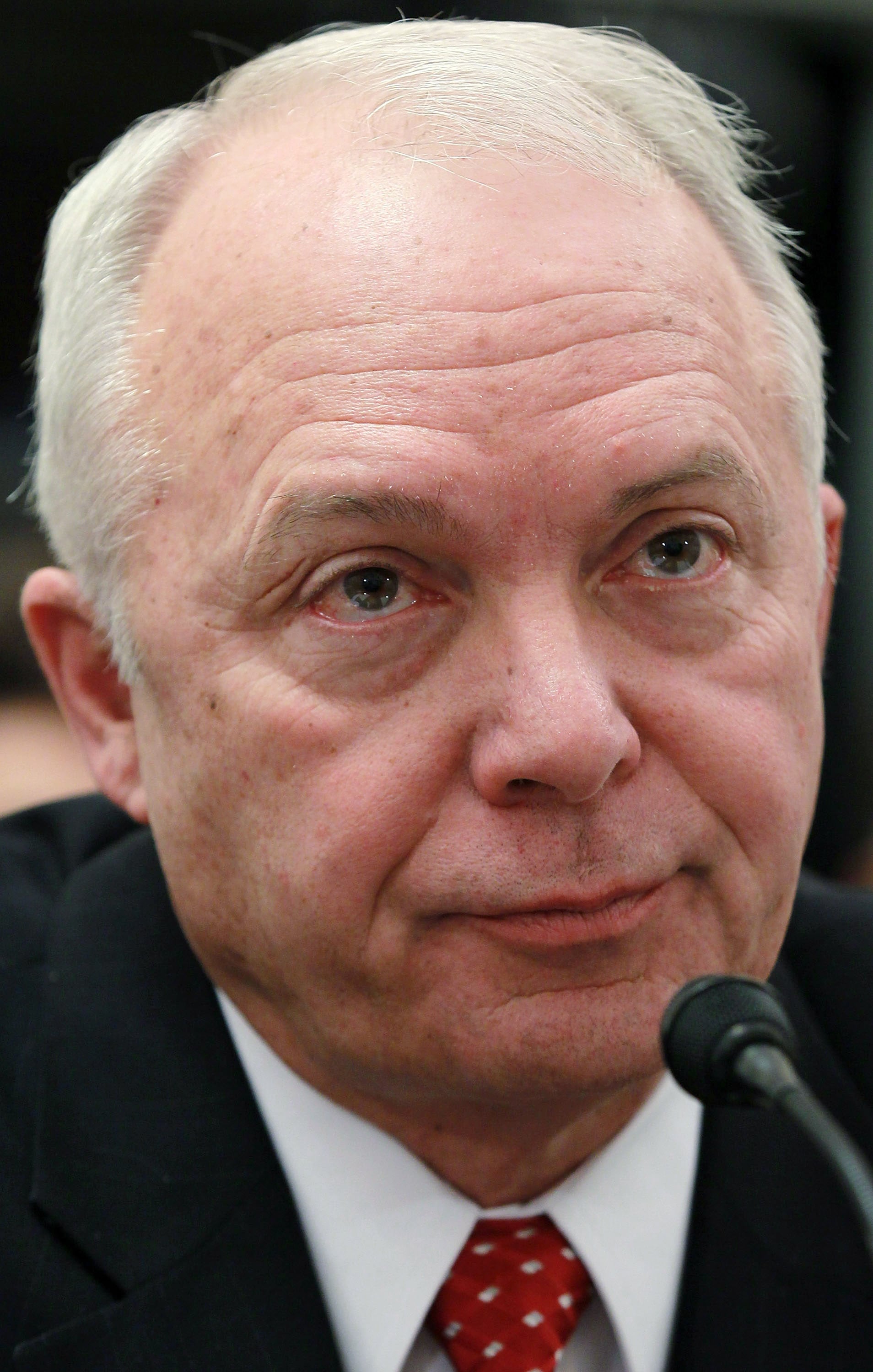The Ccommandant of the Marine Corps told lawmakers that Marines who disarmed before departing Sanaa, Yemen during an embassy evacuation last month did so on the orders of U.S. Central Command and State Department officials.
Gen. Joseph Dunford fielded hard-edged questions on the mission Tuesday morning from Rep. John Kline, R-Minn., during a hearing before the House Armed Services Committee. Kline, a retired Marine officer, is the author of a letter to the State and Defense departments demanding detailed answers about a controversial order to Marines to destroy their weapons and depart the country unarmed.
The U.S. Embassy in Yemen was evacuated in early February amid deteriorating worsening security conditions after following the country's was overranun by Shi'ite rebels with ties to Iran. Embassy staff and Marines guarding the facility present for security departed the country via civilian aircraft.
Prior to that departure, officials said, larger crew-served weapons were destroyed within the embassy, and Marines' personal sidearms were rendered unusable and discarded upon arrival at the airfield in Sanaa.

Rep. John Kline, R-Minn., testifies during a 2011 hearing on Capitol Hill. Kline pressed Commandant Gen. Joseph Dunford about the decision to destroy Marines' weapons before a February evacuation of the U.S. Embassy in Yemen during a hearing Tuesday morning.
Photo Credit: Alex Wong/Getty Images
"Even though we had a [Marine Eexpeditionary Uunit] on standby, somebody made a decision to destroy destory all the crew-served weapons and have the Marines turn over their weapons," Kline said. "It is my opinion that is an intolerable position ... to be in a very dangerous situation and depend on trusting the very people who have put us in that very dangerous situation to not do us any harm while we turn over all our weapons."
Dunford confirmed to Kline that the Marines had departed the airfield unarmed.
"The senior CENTCOM officer on the ground gave that order, Ccongressman," Dunford said. "[Ambassador Matthew Tueller] and [CENTCOM commander Army Gen. Lloyd Austin] approved the plan, and my understanding is it went back to Washington, D.C., at the policy level."
Dunford also acknowledged that elements of a MEU had been at the ready offshore at the time of the evacuation. The 24th MEU, embarked with the Iwo Jima Amphibious Ready Group, was in theater at the time, having been in the region since late January.
The commandant did not explain to Kline the decision to depart Yemen by air. To date, no one at the State or Defense departments has publicly explained the rationale and factors that led to the Yemen evacuation plan, though these plans are typically the result of collaboration between military and embassy officials in the region.
Kline, who also spoke with Dunford by phone March 13 to discuss the circumstances of the Yemen evacuation, said he didn't plan to let the issue go.
"I would hope the senior leaders do everything in their power to make sure this does not happen again," he said.




